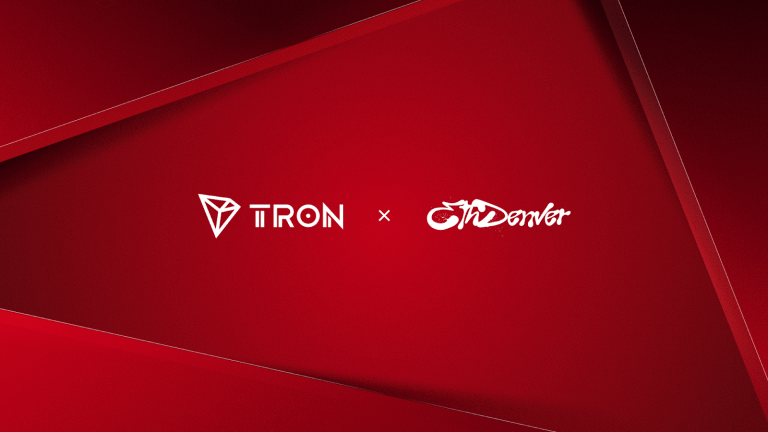
Vitalik Buterin, the co-creator of Ethereum, has discussed the next steps that the protocol is about to take and how the upcoming decisions should be the result of balancing complexity and functionality. Buterin noted that Ethereum started with a philosophy of striving for simplicity but that blockchains were “social systems” and that there are rationales for adding functionalities directly to the protocol.
Vitalik Buterin Discusses Ethereum’s ‘Enshrining’ Philosophy
Vitalik Buterin, co-creator of Ethereum, has discussed the future actions in the evolution of Ethereum and how the community is debating between adding functionality directly to the protocol (what he called “enshrining”) and extending it through Layer 2 structures, like rollups. Buterin explained that this discussion not only included the topic of scaling but also touched on other functionalities like digital asset exchange, privacy, usernames, advanced cryptography, account safety, censorship resistance, and frontrunning protection, among others.
Ethereum started with a minimalistic philosophy, Buterin stressed, with the idea of only providing a “clean, simple and beautiful protocol that tried to do as little as possible itself,” leaving to the users “almost everything” to build on top. However, this philosophy has been changing, and Buterin presents different implementations that could bring benefits to the protocol if included, but with caveats, like account abstraction, zero-knowledge Ethereum Virtual Machines (EVMs), private mempools, and liquid staking, among others.
Blockchains Are ‘Social Systems’
Buterin concluded that while the desire to “enshrine” as little as possible is understandable and avoids the curses of software bloat, this approach is not absolute when applied to blockchains due to their specific characteristics.
Buterin stated:
Blockchains are not personal-computing operating systems; they are social systems. This means that there are rationales for enshrining certain features in the protocol that go beyond the rationales that exist in a purely personal-computing context.
Nonetheless, enshrining too much can also bring problems to the protocol in the long run, overcomplicating it and including features that can be deemed not useful or popular in the short term.
Buterin had referred to not overloading the Ethereum protocol in a blog post published last May. In the post, he warned about “application-layer projects taking actions that risk increasing the ‘scope’ of blockchain consensus to anything other than verifying the core Ethereum protocol rules,” instead calling to preserve the chain’s minimalism.
What do you think about Vitalik Buterin’s thoughts on including more functionality in Ethereum’s core? Tell us in the comments section below.

You can get bonuses upto $100 FREE BONUS when you:
💰 Install these recommended apps:
💲 SocialGood - 100% Crypto Back on Everyday Shopping
💲 xPortal - The DeFi For The Next Billion
💲 CryptoTab Browser - Lightweight, fast, and ready to mine!
💰 Register on these recommended exchanges:
🟡 Binance🟡 Bitfinex🟡 Bitmart🟡 Bittrex🟡 Bitget
🟡 CoinEx🟡 Crypto.com🟡 Gate.io🟡 Huobi🟡 Kucoin.
















Comments